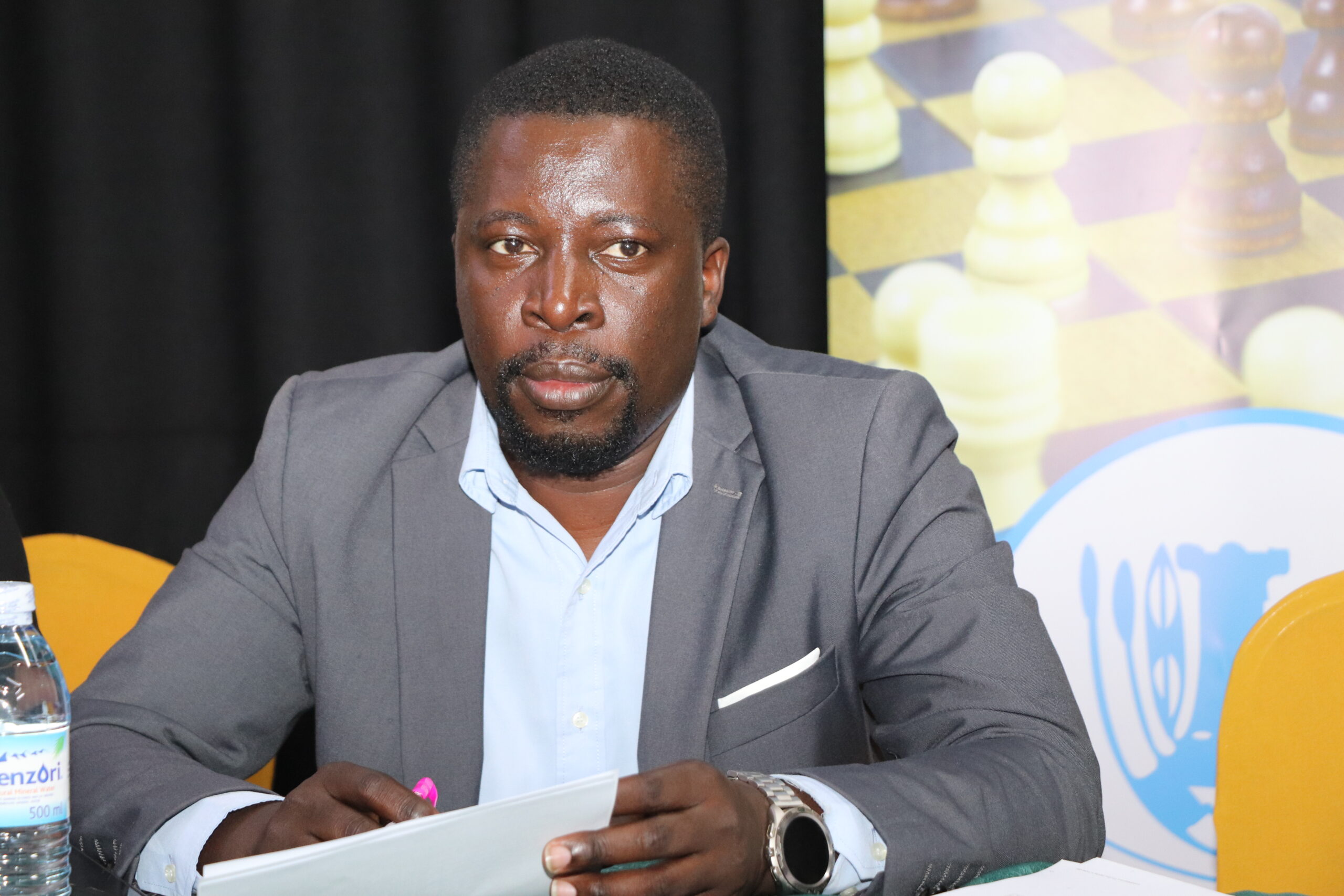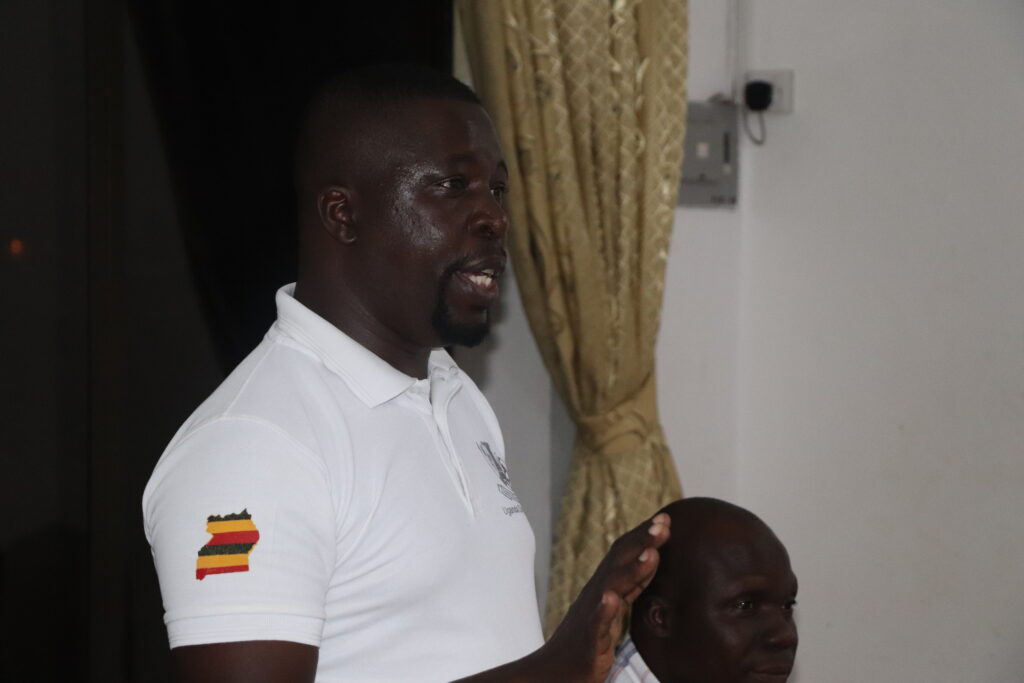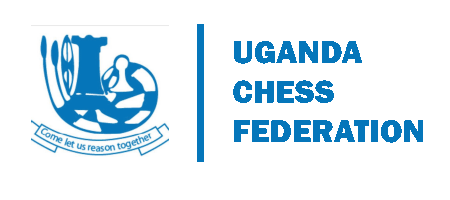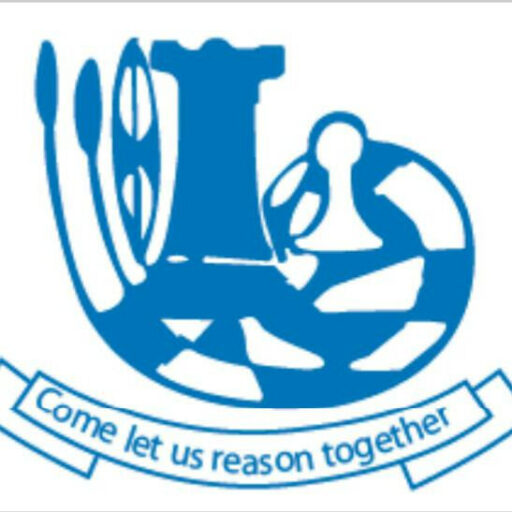
MERITS AND DEMERITS OF SELECTING AFRICAN PLAYERS FROM THE ZONAL VS OLYMPIAD AND AFRICA INDIVIDUAL CHESS CHAMPIONSHIP.

In African chess, there is a cosmetic concern about the selection process for qualifying African players in the Chess World Cup. The current format gives priority to the top 100 teams from the World Chess Olympiad, with the remaining slots being filled from the Africa Individual Chess Championship. While this approach aims to ensure that the strongest players move forward in the World Championship cycle, there are merits and demerits to consider.
On one hand, having the best and strongest players from Africa participating in the World Cup brings us closer to the dream of producing a world champion from the African continent. It signifies progress and raises the profile of African chess on the global stage. By selecting players from the World Chess Olympiad, which boasts a higher level of competition, we increase the chances of African players excelling in the World Cup.
On the other hand, the Zonal competitions serve as the initial stage of the World Championship cycle and prioritize advancing the strongest players from the zone to the next phase, which is the World Cup. This approach allows for regional development and provides a unique opportunity for players within specific zones to showcase their skills. However, it may unintentionally exclude genuinely strong players who are unable to qualify through the Zonal competitions. Objectivity is very crucial but What business does a player have at the World Cup if he/she cannot propel his team to the top 100 at the Olympiad or qualify through the Africa Individual Chess Championship?
As a federation president, this dilemma becomes particularly challenging. While I understand the importance of sending the strongest players to the World Cup through the current format, I also feel a sense of duty to ensure that my countrymen and countrywomen have the opportunity to compete on the international stage, regardless of their strength. It is a conflicting situation where my national pride clashes with the desire to uphold the overall strength of African chess. How do I account to my electorate if my nation is not at the World Cup?
The current format, which selects players from the World Chess Olympiad, is deemed superior due to the higher level of competition involved. However, the Zonal selection process has its merits, particularly in terms of regional development. It is important to acknowledge that the varying strengths of the zones may not accurately represent the overall strength of African chess but rather reflect regional disparities.
It is not surprising that African Chess Confederation (ACC), would lean towards supporting the current format, prioritizing the selection of players from the World Chess Olympiad. However, national federations would likely favor the Zonal competitions, as it aligns with my national interests. This conflict of interest highlights the complexity of the situation.
Ultimately, the central question revolves around why we should select players from a potentially weaker competition like the Zonal Chess Championship instead of opting for the stronger competition presented by the Africa Individual Chess Championship and the World Chess Olympiad. It is crucial to address this issue and strive for a balanced approach that takes into account both African unity and national interests, while also ensuring the overall improvement of African chess.
Another perspective to consider is the role of players who may not be able to propel their country to the top 100 in the World Chess Olympiad or qualify through the Africa Individual Chess Championship. Should they still have a place in the Chess World Cup as part of the World Championship cycle? Selecting players from the Zonal competitions introduces unique disparities, similar to selecting a national team from different regions within a country, rather than focusing on selecting the strongest players in the country.
The Zonal competitions are already facing significant pressure due to the move to select players from the more superior competitions. Furthermore, internal flights within Africa can be expensive, and there are concerns that International Master (IM) and Woman International Master (WIM) titles may be at risk of being scrapped. Additionally, the prize funds for these events remain relatively small.
These challenges highlight the complexities of the dilemma and emphasize the need for careful consideration of the merits and demerits of each selection process. The desire to promote African chess on the global stage and produce a world champion from the continent must be balanced with the aim of providing opportunities for players at various skill levels and fostering regional development. Finding a solution that addresses these concerns while ensuring the overall improvement of African chess is critical.
The writer is
Eng. Mwaka Emmanuel
President: Uganda Chess Federation
Email: ugandachess@yahoo.com
Phone: +256782083657

